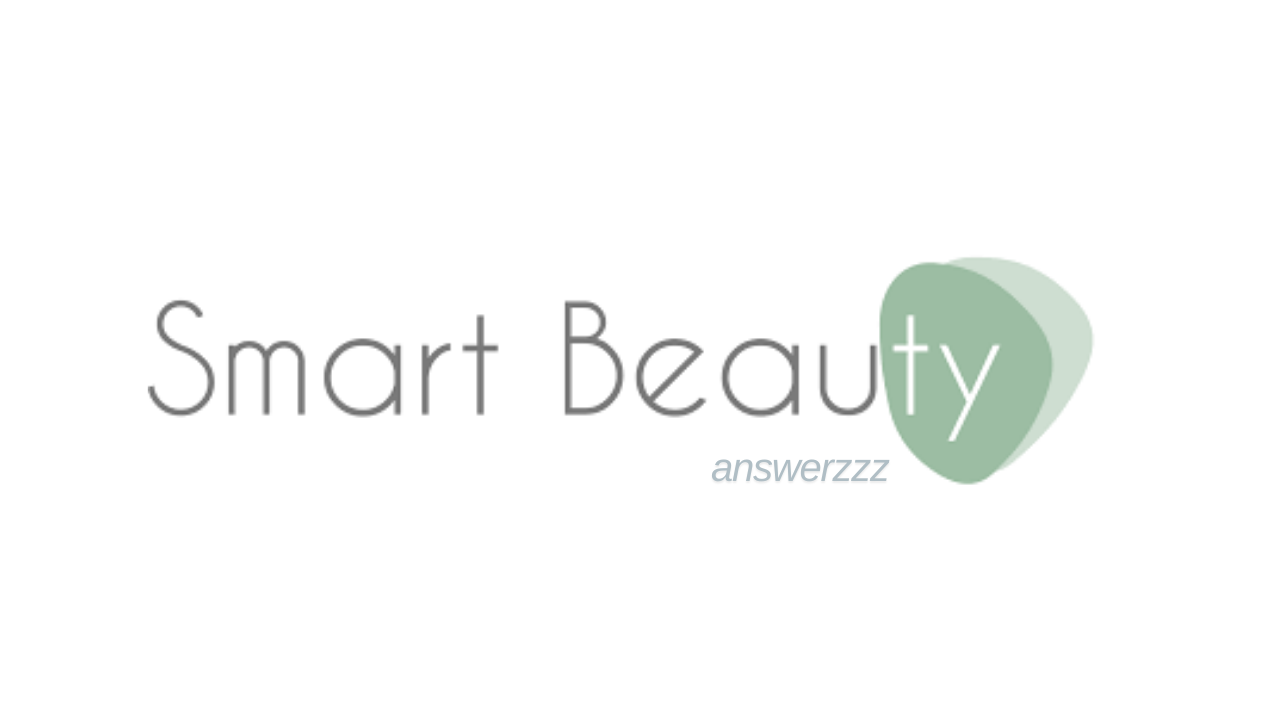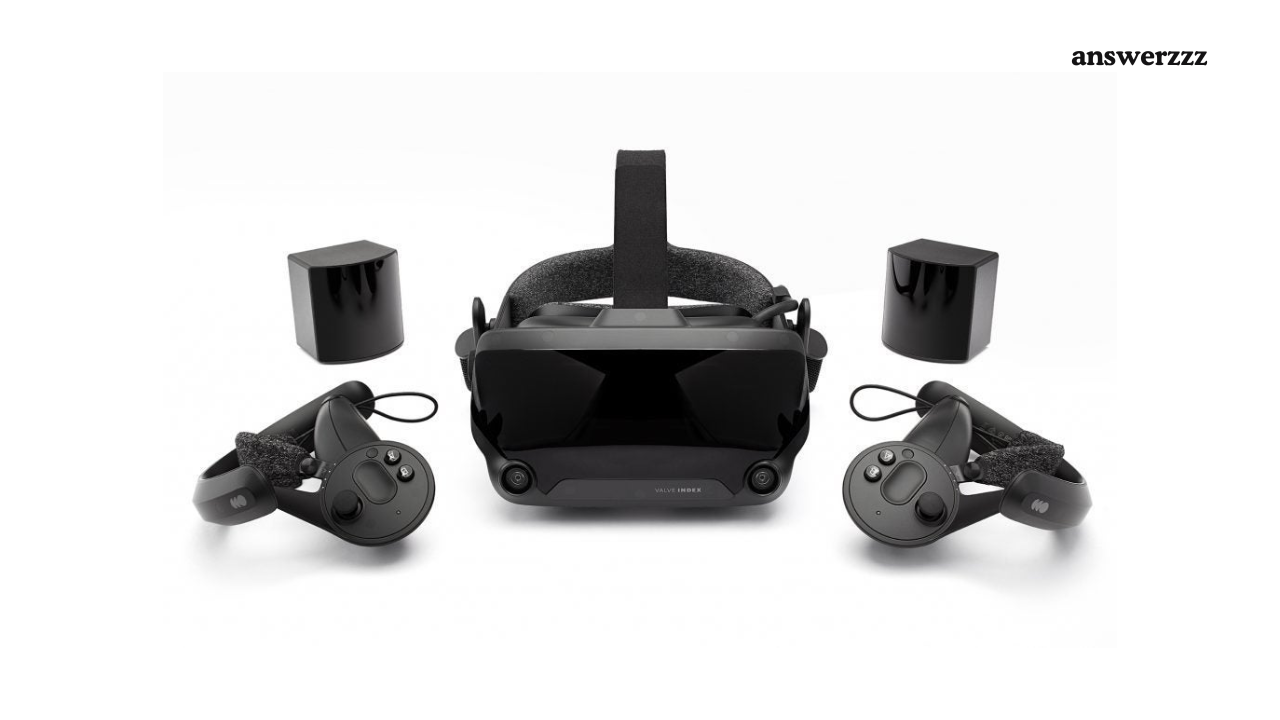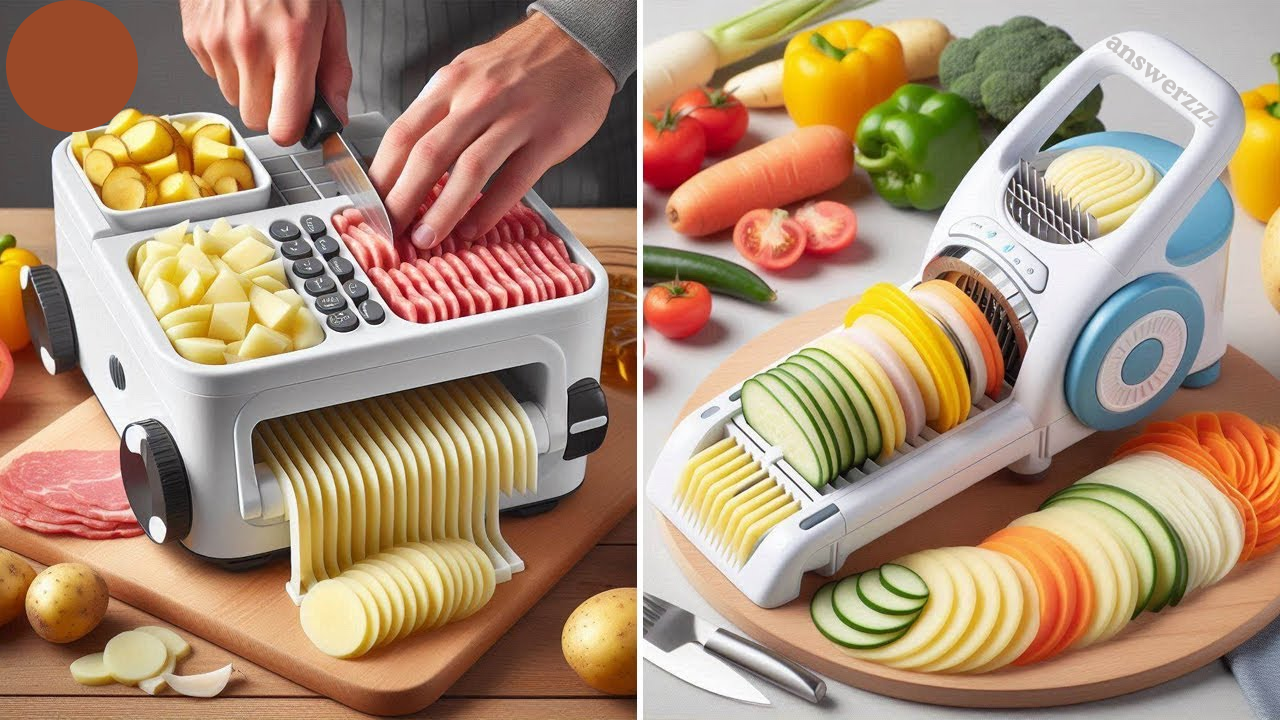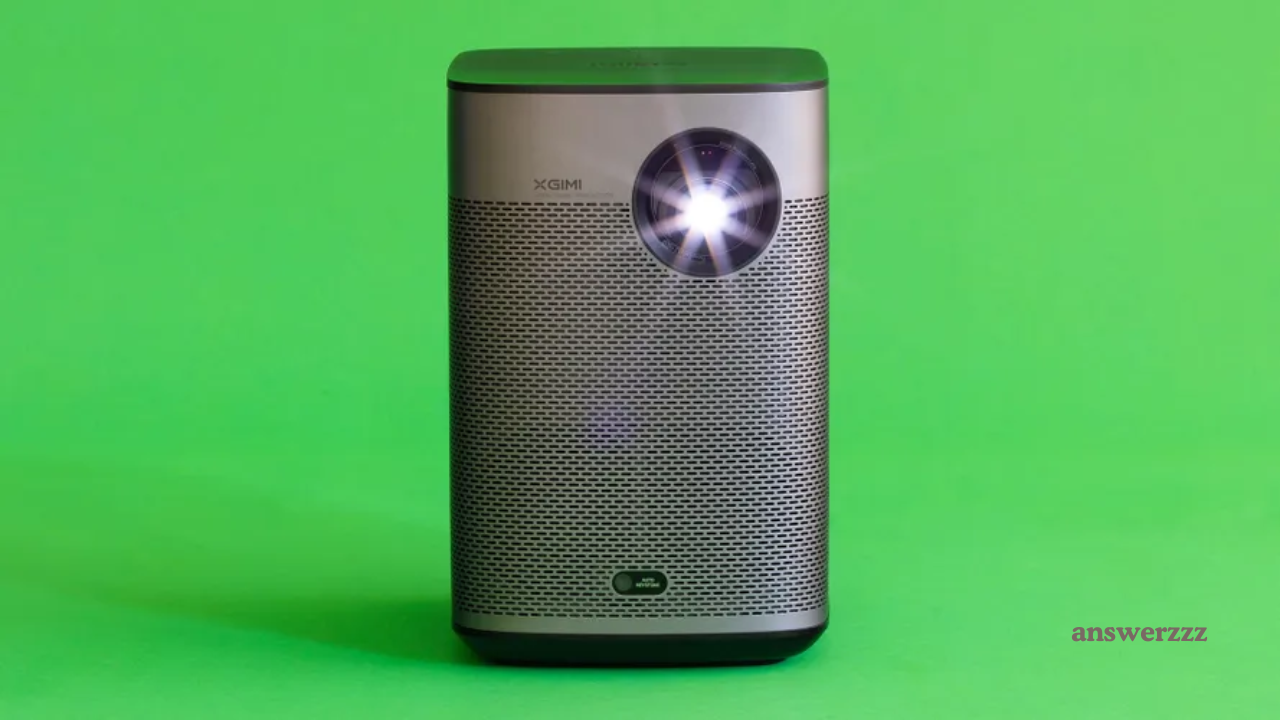In today’s fast-paced digital age, technology has infiltrated every aspect of our lives, from how we communicate to how we shop and now, how we care for our skin and apply makeup. The beauty industry, always quick to adapt to trends, has fully embraced the tech revolution. Smart beauty devices and tech-driven innovations are redefining how we approach skincare and makeup, making beauty routines more personalized, efficient, and effective than ever before.
This article will explore the cutting-edge innovations that are shaping the future of beauty, covering skincare technologies, intelligent makeup applications, and how artificial intelligence (AI) and machine learning are personalizing beauty for every individual.
The Rise of Smart Beauty
Smart beauty refers to the use of advanced technology in skincare and makeup to enhance and personalize beauty routines. The rise of connected devices, artificial intelligence, and data-driven solutions has allowed beauty brands to cater to individual needs on a level previously unimaginable.
With the global beauty industry expected to reach over $800 billion by 2027, the demand for personalized beauty solutions continues to skyrocket. Modern consumers are no longer satisfied with generic skincare products and makeup. They expect targeted solutions that address their unique concerns, and smart beauty innovations are the answer.
Let’s dive into the most revolutionary tech innovations in skincare and makeup and see how they are transforming the industry.
1. Personalized Skincare Devices
The skincare industry has been one of the first to adopt smart technology. Consumers now have access to devices that provide at-home treatments typically available only in dermatology clinics, offering convenience without compromising results.
AI-Powered Skin Scanners
AI-powered skin scanners use advanced algorithms and imaging technology to analyze your skin’s condition in real time. These devices can scan for issues like fine lines, wrinkles, dark spots, redness, and skin texture, providing a comprehensive skin health report.
One popular device in this category is the HiMirror. It’s a smart mirror that uses facial recognition to analyze your skin’s needs. By detecting imperfections and signs of ageing, the HiMirror offers personalized skincare tips and product recommendations. This type of technology takes the guesswork out of skincare, helping users select the right products based on data-backed insights.
Smart Cleansing Brushes
Smart cleansing brushes, such as the Foreo Luna or Clarisonic Mia, have become essential tools for modern skincare enthusiasts. These devices use oscillating or pulsating technology to deeply cleanse the skin, removing dirt, oil, and makeup more effectively than manual cleansing.
The real innovation behind these devices lies in their ability to customize the cleansing process. Many smart cleansing brushes come with built-in sensors that detect skin type and adjust the brush’s intensity and speed to ensure gentle yet effective cleansing for each user.
LED Light Therapy Masks
LED light therapy has been a game-changer for treating skin conditions like acne, inflammation, and signs of ageing. Previously available only in professional settings, brands like Dr. Dennis Gross and Neutrogena have made LED light therapy masks accessible for at-home use.
These masks use different wavelengths of light to target specific skin concerns. For instance, blue light targets acne-causing bacteria, while red light stimulates collagen production and reduces wrinkles. Some smart LED masks even offer custom treatment plans based on the user’s skin goals.
Microcurrent Facial Devices
Microcurrent facial devices, like the NuFACE Trinity, use low-level electrical currents to tone and lift facial muscles. These devices mimic the body’s natural electrical currents, promoting collagen production and improving facial contour over time. With regular use, microcurrent technology can deliver salon-level anti-ageing treatments at home.
The latest versions of these devices come with apps that allow users to personalize their treatments, track progress, and access guided tutorials, ensuring optimal results.
2. Tech Innovations in Makeup Application
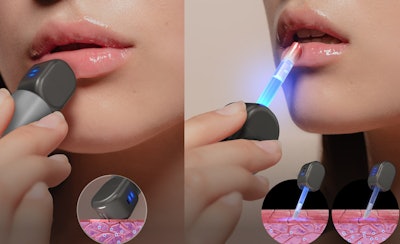
The way we apply makeup has also been revolutionized by smart beauty innovations. From AI-powered colour matching to app-controlled makeup devices, technology is taking makeup artistry to a whole new level.
AI-Driven Color Matching
Choosing the right foundation shade is one of the biggest challenges in makeup. Fortunately, AI-powered tools are changing the game. Brands like Lancôme and Estée Lauder have introduced AI-powered shade-matching technology that uses advanced algorithms to scan a user’s skin and recommend the perfect foundation shade.
Devices like Lancôme’s Le Teint Particulier offer an even more personalized solution by creating custom foundations tailored to the user’s skin tone in real time. This level of personalization ensures that customers get the perfect match, eliminating the common issue of mismatched foundations.
Smart Makeup Brushes
Gone are the days when makeup applications relied solely on the user’s skill. Smart makeup brushes, such as Procter & Gamble’s Opté Precision Wand, use advanced technology to ensure flawless application every time.
The Opté Precision Wand scans your skin for imperfections, like dark spots and uneven tone, and applies just the right amount of makeup to cover them. This device combines a built-in camera with a micro-printer to dispense serum foundation in precise amounts, providing an airbrushed look without wasting product.
Innovative Gadgets to Watch in 2025: Revolutionizing Technology and Everyday Living
3D Makeup Printers
One of the most futuristic innovations in the beauty industry is the Mink 3D makeup printer. This device allows users to print makeup in any colour they desire by simply uploading a photo of the shade they want. The printer uses cosmetic-grade ink to create custom eyeshadows, blushes, or lipsticks in minutes. This on-demand, DIY makeup solution brings personalization to a whole new level, allowing for limitless creativity.
Virtual Makeup Try-Ons
Virtual makeup try-on technology has taken online shopping to new heights. Brands like Sephora and L’Oréal have developed AR-powered apps that allow customers to virtually try on makeup products before making a purchase. These apps use facial recognition and augmented reality (AR) to superimpose makeup products onto the user’s face in real time.
For example, Sephora’s Virtual Artist lets customers experiment with different shades of lipstick, eyeshadow, and foundation without ever stepping foot in a store. This technology not only enhances the shopping experience but also reduces product returns, making it a win-win for both consumers and retailers.
3. AI and Machine Learning in Beauty
Artificial intelligence and machine learning are playing a crucial role in driving personalization in beauty. By analyzing large datasets, these technologies are helping brands offer hyper-customized solutions to address individual skincare and makeup needs.
AI-Powered Skincare Recommendations
AI-based platforms like Proven Skincare use machine learning to analyze a customer’s skin type, lifestyle, environment, and skincare goals to create personalized skincare regimens. These platforms use data from thousands of skincare formulations and scientific studies to recommend the best products for each user.
Similarly, brands like Olay have introduced AI-powered apps that assess a user’s skin through a simple selfie and provide a personalized skincare routine based on the analysis. These innovations are making it easier than ever to build an effective, science-backed skincare routine.
The Future is Now: Top 5 Must-Have Gadgets of 2025 That Will Transform Your Lifestyle
Smart Beauty Subscriptions
Beauty subscription services have also embraced AI to offer tailored experiences. Services like Ipsy use machine learning algorithms to curate personalized beauty boxes based on customer preferences and past purchases. The more data the system collects, the better it becomes at predicting what products will suit each customer’s needs.
AI-Enhanced Beauty Assistants
Virtual beauty assistants are another exciting innovation powered by AI. These digital assistants can guide customers through product recommendations, offer skincare advice, and answer beauty-related questions in real time.
For instance, YouCam Makeup offers AI-powered virtual beauty consultations where users can receive personalized skincare and makeup recommendations after a virtual chat with the assistant. This technology enhances the customer experience, offering expert-level advice in the comfort of one’s home.
4. The Future of Beauty Tech: What’s Next?

The future of beauty tech is bright, with even more exciting innovations on the horizon. Here are a few trends that are expected to shape the future of the industry.
Biometric Data for Skincare
As biometric data collection becomes more sophisticated, we can expect to see skincare solutions that are tailored to an individual’s unique genetic makeup. Some companies are already exploring DNA-based skincare products, where a person’s genetic profile is used to predict how their skin will age and recommend products accordingly.
Wearable Beauty Tech
Wearable beauty technology is another area set for growth. Imagine a world where smart patches can monitor your skin’s hydration levels throughout the day and adjust your skincare regimen accordingly. These wearable devices could provide real-time updates on skin conditions and dispense treatments as needed.
Sustainable Beauty Tech
As sustainability becomes a major focus for consumers, beauty tech is likely to evolve to meet these demands. Future innovations will likely prioritize eco-friendly designs, reducing waste through refillable cartridges, recyclable packaging, and energy-efficient devices.
AI-Powered Dermatology at Home
In the future, AI could be used to offer dermatologist-level diagnostics from the comfort of your home. We may soon have devices capable of detecting skin cancer or other conditions with the accuracy of a trained dermatologist, offering peace of mind and early detection.
The integration of technology into the beauty industry has opened up a world of possibilities, making beauty routines more personalized, efficient, and accessible. From AI-powered skincare analysis to smart makeup application devices, beauty tech is transforming how we care for our skin and apply makeup.
As technology continues to evolve, we can expect even more groundbreaking innovations that will make beauty routines smarter, more effective, and more sustainable. The future of smart beauty is here, and it’s only going to get better.
